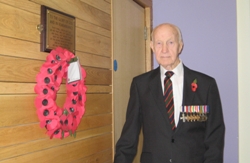 W
WCaptain Robert Austin Ardill MC was a Northern Irish unionist politician.
 W
WLieutenant General Sir Edric Montague Bastyan, was a senior British Army officer, who became Governor of South Australia from 4 April 1961 until 1 June 1968 then Governor of Tasmania from 2 December 1968 until 30 November 1973. He was the last British person to be governor of either state.
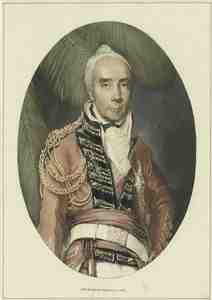 W
WGeneral Sir George Beckwith KB was a British Army officer.
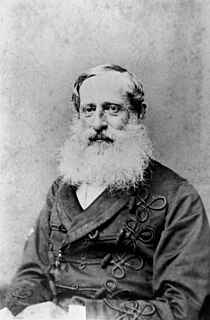 W
WSamuel Wensley Blackall was an Irish soldier and politician, who was the second Governor of Queensland from 1868 until he died in office in 1871.
 W
WLieutenant General Andrew Thomas Blayney, 11th Baron Blayney was an Anglo-Irish peer. He ruled the Blayney estate at Castleblayney, County Monaghan for fifty years from 1784 to 1834, and was one of the most illustrious soldiers ever to come from Co. Monaghan.
 W
WCadwallader Davis Blayney, 12th Baron Blayney, styled The Honourable from birth until 1834, was an Irish nobleman and politician.
 W
WCaptain Willoughby Harcourt Carter (1822–1900) J.P. was the first appointed Chief Constable of Buckinghamshire, from 1857 to 1867.
 W
WGeoffrey St. George Shillington Cather was a recipient of the Victoria Cross, the highest and most prestigious award for gallantry in the face of the enemy that can be awarded to British and Commonwealth forces. A soldier with the Royal Irish Fusiliers during the First World War, he was posthumously awarded the VC for his actions on 1 July 1916, during the Battle of the Somme.
 W
WColonel Richard Stanley Hawks Moody, was a distinguished officer, and historian, of the British Army, during the period of the height of the British Empire. He subsequently became a Military Knight of Windsor.
 W
WLieutenant-General Albemarle Bertie, 9th Earl of Lindsey was a British nobleman and general.
 W
WGeorge Victor Drogo Montagu, 8th Duke of Manchester, styled Lord Kimbolton from 1853 to 1855 and Viscount Mandeville from 1855 to 1890, was a British peer and Member of Parliament.
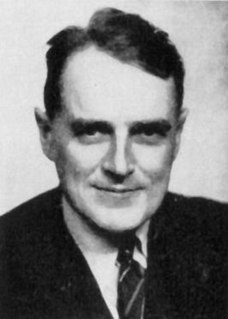 W
WLieutenant-Colonel Claude Cunningham Bruce Marshall, known as Bruce Marshall was a prolific Scottish writer who wrote fiction and non-fiction books on a wide range of topics and genres. His first book, A Thief in the Night came out in 1918, possibly self-published. His last, An Account of Capers was published posthumously in 1988, a span of 70 years.
 W
WGeneral Sir William Medows KB was an Englishman and a general in the British Army. He entered the army in 1756 and saw action in North America, the Cape, and India. In 1788 he was appointed Governor of Bombay, transferring to become Governor of Madras in 1790.
 W
WJoseph Wanton Morrison was a British soldier, best known for commanding the British troops at the Battle of Crysler's Farm during the War of 1812.
 W
WMajor-General Sir Oliver Stewart Wood Nugent, was a British Army officer known for his command of the 36th (Ulster) Division during the First World War and particularly at the Battle of the Somme.
 W
WColonel Edward James Saunderson was an Anglo-Irish landowner and prominent Irish unionist politician. He led the Irish Unionist Alliance between 1891 and 1906.
 W
WGeneral Sir Charles William Dunbar Staveley was a British Army officer.
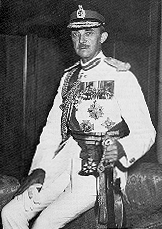 W
WField Marshal Sir Gerald Walter Robert Templer, was a senior British Army officer who fought in both the world wars. He is best known for his defeat of the guerrilla rebels in Malaya between 1952 and 1954. As Chief of the Imperial General Staff, the professional head of the British Army, from 1955–58, he was Prime Minister Anthony Eden's chief military adviser during the Suez Crisis.